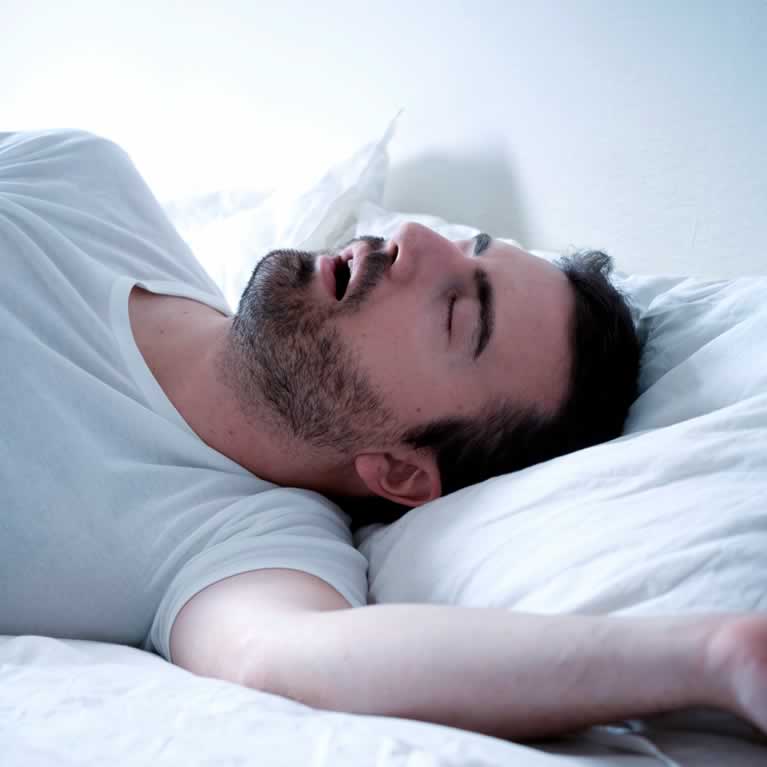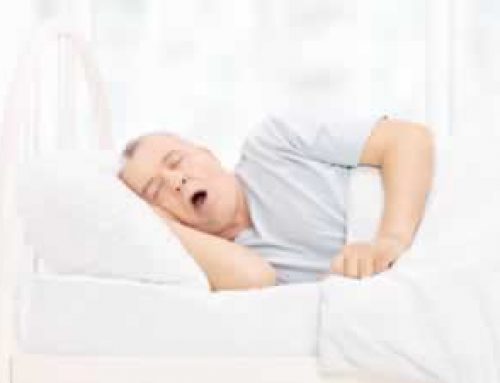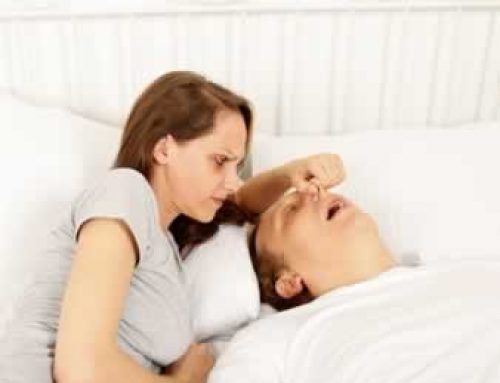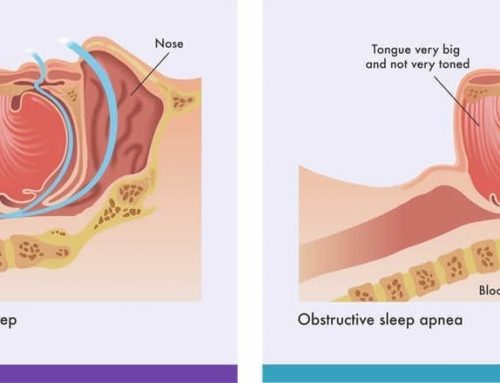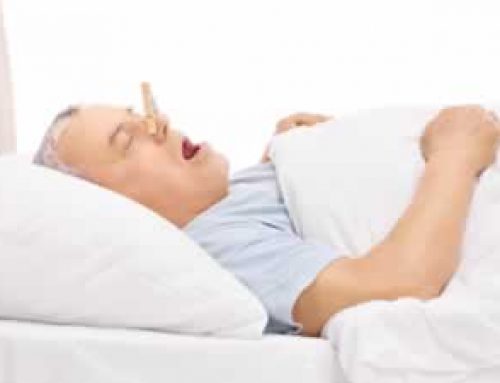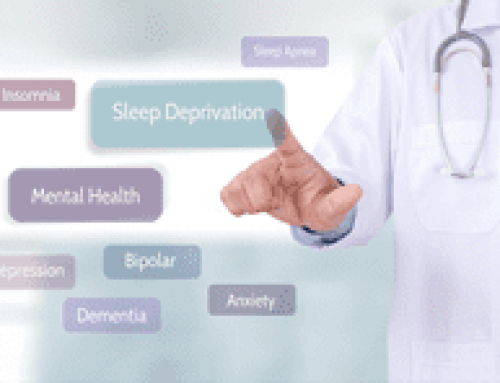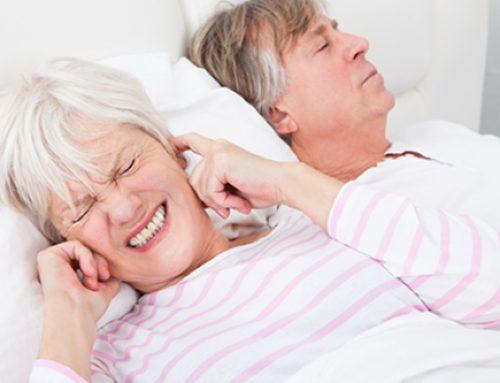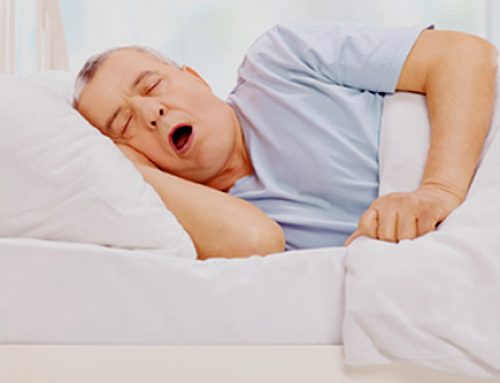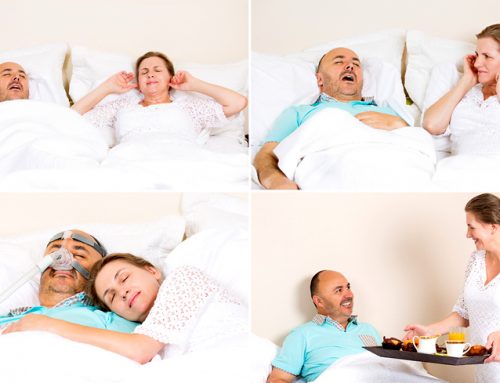Do You Have a Sleep-related Breathing Disorder? How to Know!
Sleep-related breathing disorders are categorized as a group of disorders that affect our breathing while we sleep, they disrupt our normal breathing patterns while we sleep and can range from a mild annoyance and disruption to a major health concern. The most common sleep-related breathing disorders are snoring, upper airway obstruction, and obstructive sleep apnea (OSA).
Snoring
Snoring is the hoarse or harsh sound that occurs when air flowing past relaxed tissues in your throat causes them to vibrate as you breathe. Everyone can snore and may from time to time, but chronic snoring can lead to different health concerns. Medical experts believe the two most common negative health effects linked to snoring are daytime dysfunction and heart disease. However, if your snoring is paired with excessive daytime sleepiness, difficulty concentrating, morning headaches, restless sleep, or gasping or choking at night then this could be a sign of a more serious sleeping disorder called obstructive sleep apnea; which half of the loud snorers suffer from.
Obstructive Sleep Apnea (OSA)
Sleep apnea is a sleep disorder characterized by pauses in breathing or instances of shallow breathing while you sleep, called apneas. Each apnea can last anywhere from a few seconds to several minutes and may occur 30+ times each hour. During these pauses, your airway relaxes, and you are unable to receive enough air to your lungs, causing snoring. Typically an apnea is followed by a loud gasp for air as you are trying to catch your breath. People with the disorder tend to suffer from fatigue and daytime sleepiness due to the disruption of deep sleep throughout the night.
Loud and ongoing snoring is one of the most easily identified and common and signs of sleep apnea. While asleep, pauses in breathing may occur, sometimes followed by choking or gasping for air – these are called apneas. Frequently, people do not realize they are having these apneas until a partner complains about snoring. These breathing difficulties and irregularities are usually accompanied by other symptoms, including:
- Excessive daytime sleepiness
- Waking up with a dry mouth or a sore throat
- Morning headaches
- Difficulty staying asleep
- Irritability
Upper Airway Obstruction
Upper Airway Obstruction is a sleep-related sleeping disorder similar to OSA, but not as severe. In the case of least alarming to most alarming among snoring and OSA, upper airway obstruction would fall in the middle. It develops when mild snoring worsens, and you begin to experience symptoms of daytime sleepiness and fatigue. If not dealt with upper airway obstruction can lead to insomnia, frequent awakenings throughout the night, and weight gain.
Why get treatment?
Taking action in treating these sleep-related breathing disorders is vital before your health and quality of life begin to deteriorate. Luckily we’ve taken the hassle out of getting tested for sleep apnea. Arrange a visit with your physician today, and conduct your home-based diagnostic testing with Vitalistics.
Doctors agree that sleep-related breathing disorders are very treatable using methods such as lifestyle and sleep hygiene changes, dental appliances, or positive airway pressure therapy when necessary. Treatment allows you to get the sleep you need so you can feel refreshed and satisfied with your sleep.

